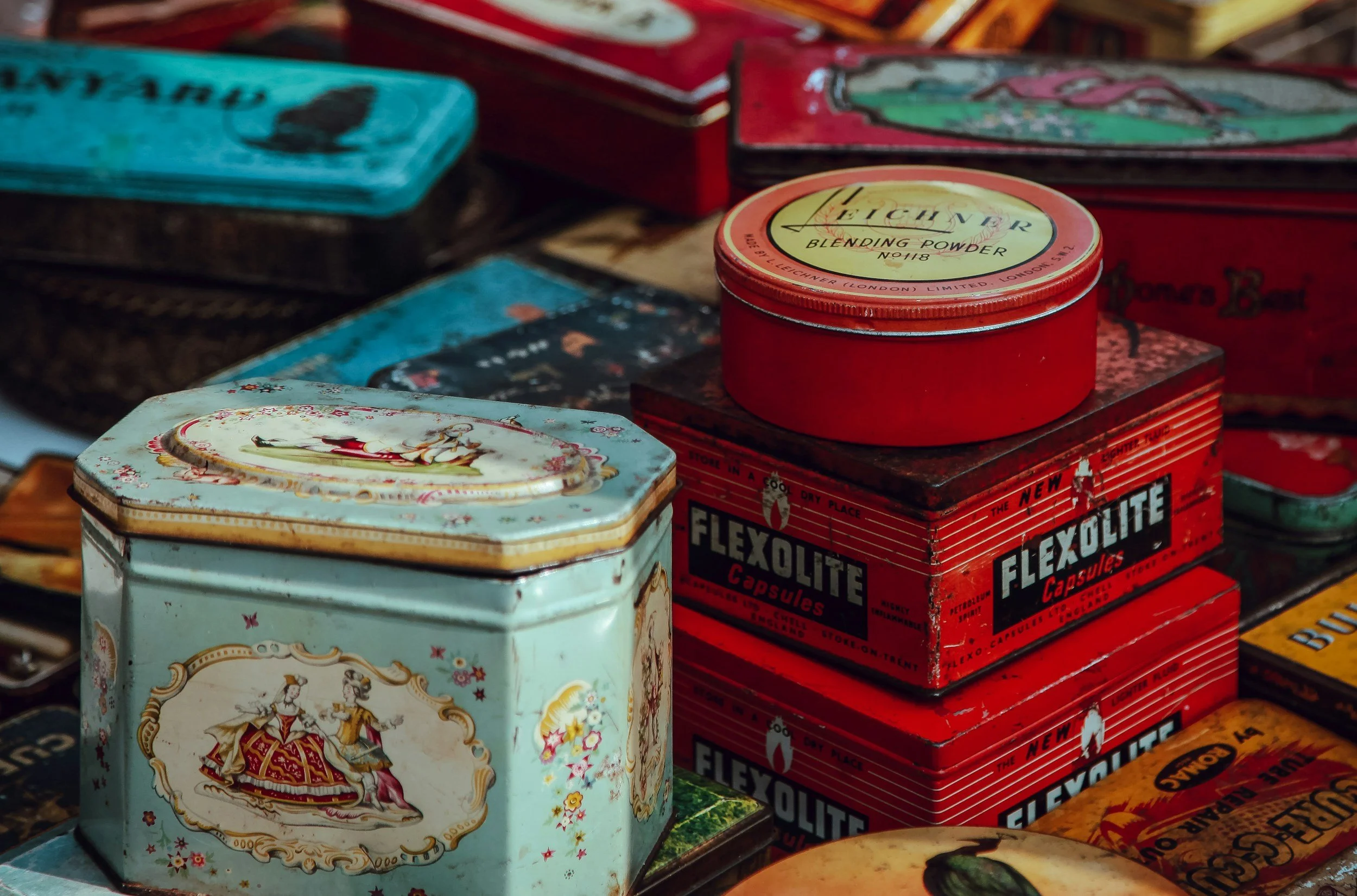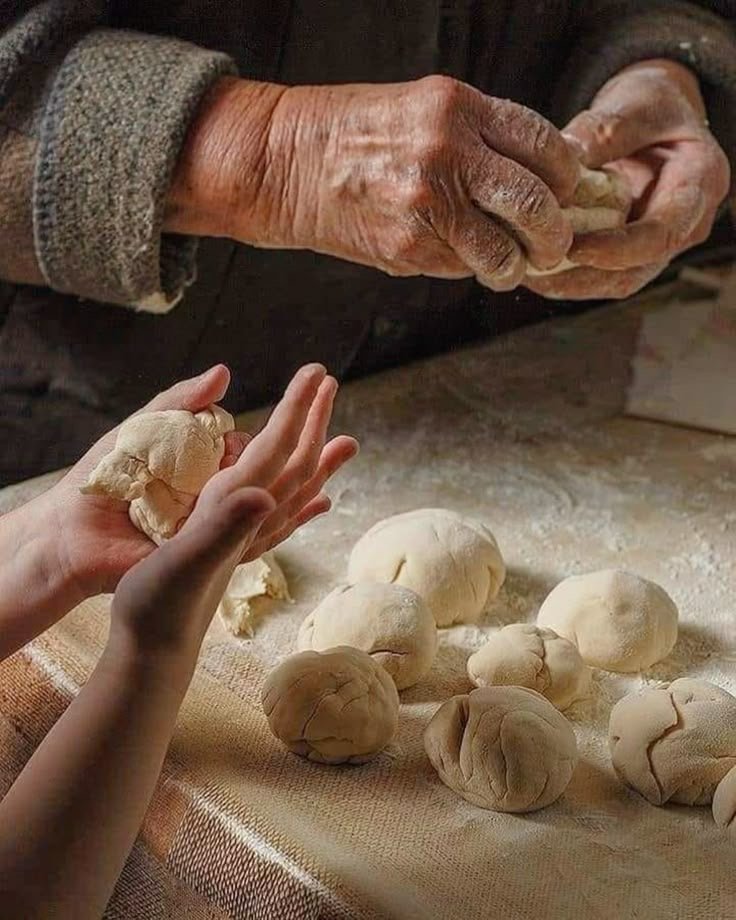The Truest Thing
I didn’t respond to a failed early attempt at motherhood in the way people, and society, expected me to.
I was supposed to be tense, anxious, resistant, sad. Like the way a Chihuahua looks. But I detected, early on in that first unsuccessful year attempting to reproduce, that I was in the process of becoming someone, and not the someone that I had first set out to be, but someone else entirely, someone I couldn’t have fathomed, the someone, the me, that was just on the other side of what I thought I knew.
I had fallen into a murky yet fertile immersion pool that teemed with opportunities for radical self-knowledge. Opportunities that typically only arise from not having gotten what you asked for. And because I chose to keep my eyes open underwater, searching the depths of that pool for lessons, I started to receive them. I felt a transformation in my bones. A growing pain. Uncomfortable and creaky at first, but strengthening. I liked it, the expansiveness that was the uncertainty, the limitless academia that was the interrogation of inherited beliefs. I was becoming. And it got so that I wanted to be so fully in the process of becoming more than I even wanted a result. In the ungravity of infertility, and in the profound and underutilized tutorage of nonreaction and conscious inaction, I learned that I had wanted the idea of children, but not the reality. I had wanted the promise, but not the truth.
The decision not to correct what stood between us and parenthood was an organic one, because the “problem” to fix, when given the room to unripen without interference, didn’t feel like a problem at all. At first, I had imagined the suspected overgrowth of endometrial tissue inside of me as a demonic and metastatic weed in my organs. Sticking to my pelvic walls and onto my insides like a pesky fungus, I had believed it was taking my fertility hostage. I was told it would need to be tamed, corrected, surgically extracted. But, in that moment, instead of scrambling for the exit door out of uncertainty and whizzing down the closest possible path to a result, we rejected any prescribed intervention and instead welcomed the unfamiliar transactionlessness of space and time as something even more sacred and potentially illuminating for us. As the days and weeks and months progressed and we sunk back into the rhythms of our life, things began to change. A dimension had opened up where there hadn’t been before. A new picture emerged entirely. The image of that demonic weed in my bowels softened, losing its grip on me as something to resist. It started to feel less like an invasion, and more like a protection. It hadn’t been bodily malfunction, or something malicious and problematic, it had been collaboration. The universe’s intelligence working in unison with my body to keep me, us, on our most destined paths, to teach us what we were most meant to learn.
Even as the mist cleared and the becoming continued, it took years of comprehensive unlearning and intentional silence to unravel even fractions of the social conditioning that had me believe that childrearing was what I wanted, what I needed to want in order to be seen as worthy, of value. For a married woman in her thirties, challenging these heteronormative gender roles is not something most people are going to support you with. It’s still a lonely game when you choose to be childfree. But time and space and the wisdom that silence offers have become my closest friend. And admittedly, I’ve found it unbelievably educating, at times thrilling, living in the space between what people think I should be doing and what I am doing. It is another immersive pool from which an abundance of fortitudinous riches can be gleaned. Aging, surprisingly, has helped. Parts of me that were still covered in expectation and comparison and doubt have been unearthed, set free. Like sculpting. Year upon year doing away with the inessential, chiseling it off until what’s left feel like the truest things. They’re less comprehensible, less tangible, but they’re also more vast, more inexhaustible, more empowering.
One of these truest things that I have come to believe is that motherhood, mothering, cannot be limited only to its most temporal and accessible definition; the role that we describe as a result of the act of childbearing. It is more expansive than this. The natural world knows it. That it is boundless in its entirety, vital in its largeness. Because it is also a divine state of nurturing presence, a propagation, a bringing forth. Motherhood is, in its most profound and most necessary state, an act of bringing something to life, an act of sustaining life, a creation of energy and light where there wasn’t before. Motherhood is growth. It is community. It is love. It is within all of us. It is not one thing, but all things. The only thing.
I did not choose not to become a mother. Because, I have always been one. I will always be one. As long as I choose to create, to love, to inspire, to believe, to bring forth out of the shadows that which are the most life-giving and authentic and hopeful parts of myself as offerings to the world. As long as I shine my light into the darkness. As long as I breathe new life into the air. As long as I stay open, always, to becoming.
-Annie Oswald
Annie Oswald is a writer and creative in New England. She’s been writing a blog for over ten years and recently finished her first novel. While she’s pitching it for representation, she’s busy writing the second.





